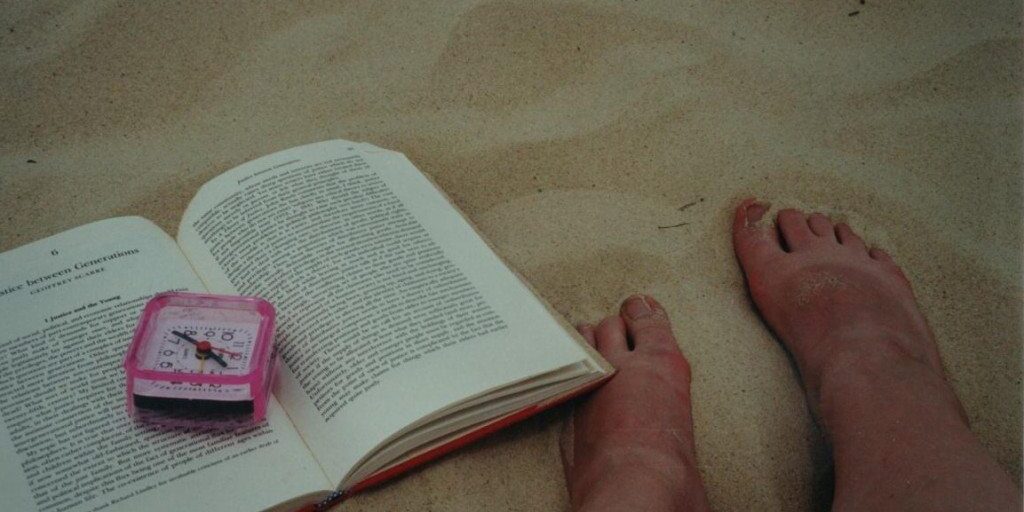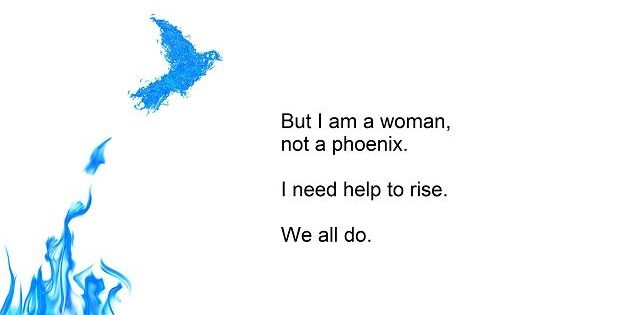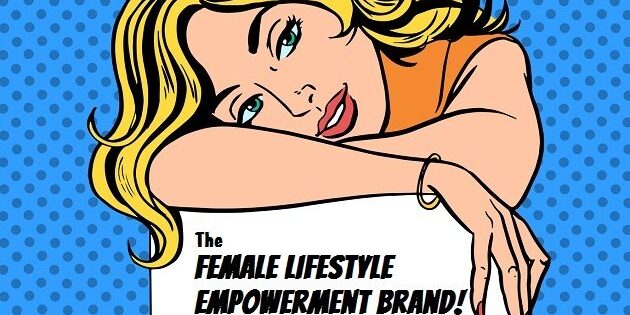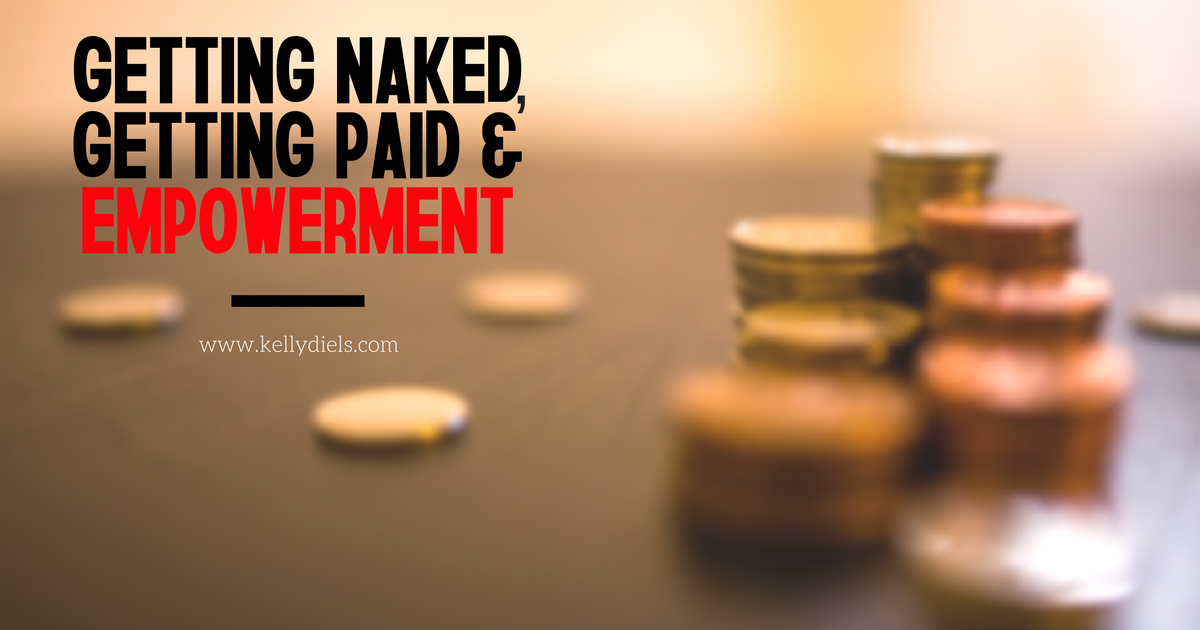
Getting Naked, Getting Paid, and Empowerment AKA It’s NOT Only About Your Intentions
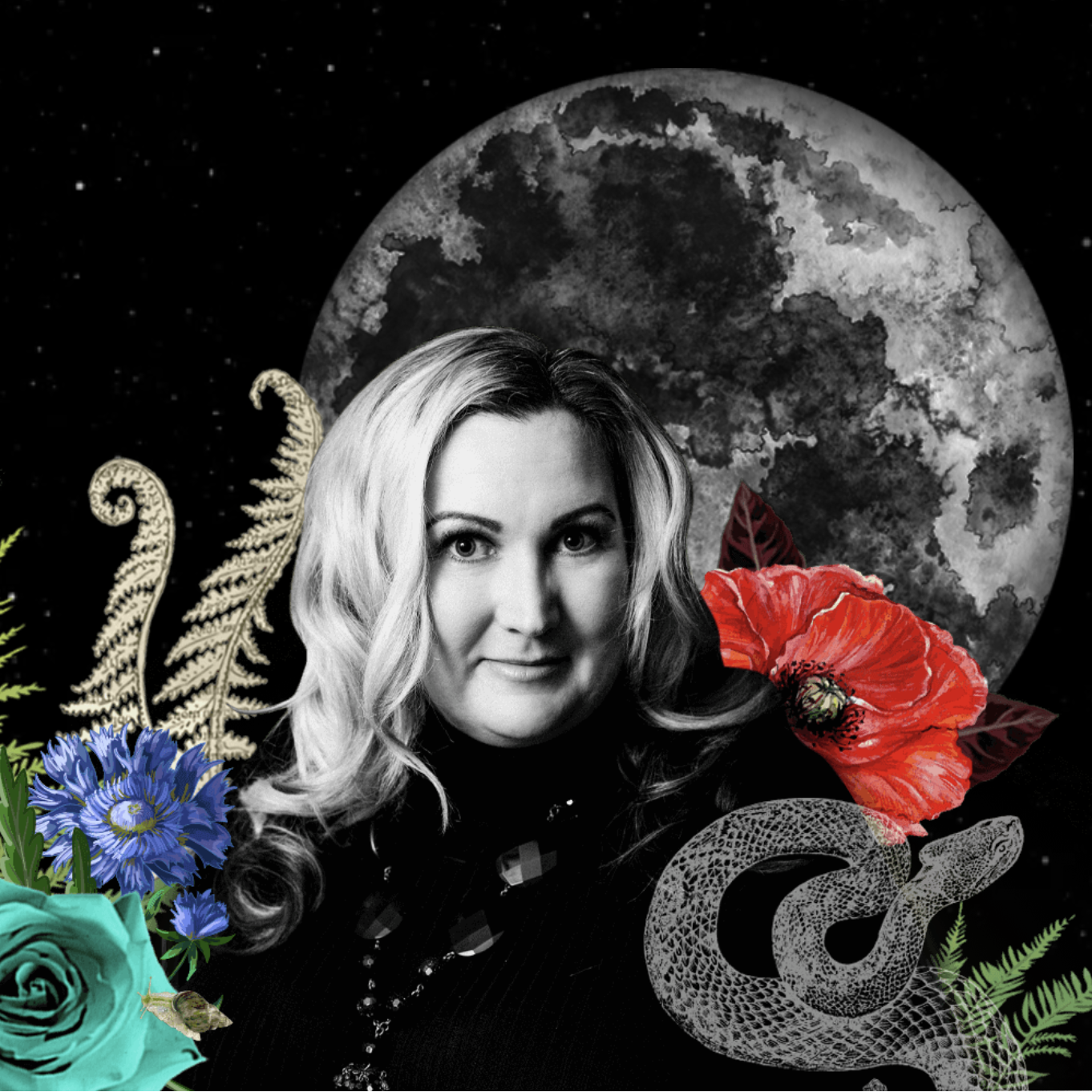
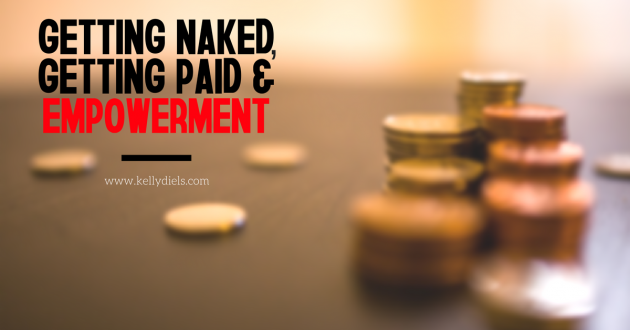
A while ago Danielle LaPorte posted an update on Facebook about how Kim Kardashian’s naked eff-you selfie with a similarly naked professional model was not, in fact, about empowerment.
Apparently Danielle got some pushback. I’m guessing people told her she shouldn’t criticize other women, that doing that drags us all down.
So, in response, she made a video and a quick blog post explaining where she was coming from.
(Side note: I was on the phone talking to someone for the first time ever — and we were exploring and negotiating something super high-stakes and career-related — and much to our mutual surprise and delight we ended up having a detailed discussion about Danielle’s post. Our mutual fave phrase? “Unfurled boobage”.)
In a nutshell: Danielle said that nakedness and wealth are not necessarily signs of a woman’s empowerment, but sometimes they are.
This is wildly true.
You can use nudity and sexuality as forms of protest and a statement of power. Russian Doukabour immigrants in Canada, for example, are pacifists with a bold history of using nudity to protest oppression. John and Yoko held a press conference in bed. Tig Notaro often does her stand-up routine topless. Beth Ditto has taken the stage, tits out. Pussy Riot named themselves Pussy Riot and members participated in public orgies as a form of anti-Putin protest. Feminists hold Slut Walks to make the point that women’s sexuality and clothing is not what triggers sexual violence. That’s all on the rapists.
In all of these cases, people used nudity and displays of sexuality to counter injustice and push back on asymmetrical social standards of female beauty and feminine propriety.
You can do this personally, too.
If, for example, you refuse to dull your shine and insist on claiming and flaunting your sexy even though you deviate from the sexist beauty norms, that’s powerful.
Or if you refuse to contain your sexuality and choose to actively defy the slut-shamers, that’s also powerful.
If you’re one of the lucky few that society deems outrageously attractive, and you also refuse to hide your beauty and then use your platform to push back on the way those standards harm most women, you’re being an effective ally and that’s powerful. You’re creating more space for more women to do the same.
It’s the same with money. Poverty is a reality for huge chunk of women in North America and everywhere. Poverty is literally sexist (even Melinda Gates says so!). So creating conditions and supports to eradicate female poverty is powerful. Teaching women how to access credit, negotiate, establish credibility, build websites, take care of their customers, learn to sell, pitch, invest: all of these business skills can be used to empower women, personally and collectively. Becoming successful and wealthy in a sexist economy and culture can, in fact, create more space for more women to do the same.
But wealth, in and of itself, doesn’t do much for other women…
…especially if your wealth is extracted from them and the outcome of that process does everything for you and nothing to lift them.
This is not to say that selling to women is bad. It’s saying that selling is selling. Selling might not necessarily meet the conditions of “empowerment”. Sometimes what you’re selling, however, might in fact produce or support the conditions for collective female empowerment.
How do we tell?
Is it about intention?
That’s what Danielle LaPorte concluded. She wrote:
Nakedness, fierceness, flaunted sexuality, and massive wealth aren’t necessarily hallmarks of an empowered woman. And sometimes, those are exactly the hallmarks of her empowerment. It depends on the woman’s intention…
Let’s just be genuine about our intentions — especially the publicly shared intentions. And let’s all be asking deeper questions about ENERGY + INTENTION, so that we as media consumers, as women who are looking to each other for answers — are not absorbing ideas about empowerment that don’t fit the shape of our Soul.
I’m so glad she addressed it. I think being genuine with our intentions and questioning our intentions is excellent start.
Yes, as consumers and as public people, let’s question our intentions and the intentions of the people we look up to.
And then let’s take Danielle’s insight about intentions and extend it.
When we’re evaluating if something is beneficial and empowering to women, personal intention is a great start, but it doesn’t tell us everything we need to know. Good intentions can and do create terrible outcomes, all the time. (In another context, Havi Brooks calls this “the atrocities of good intentions”.)
When it comes to discernment, I think intention is step 1.
Step 2 is this: what impact does this have on women?
Maybe, for example, Kim Kardashian sincerely believes she is empowering women with her naked selfie giving the sexist world the finger. Maybe she thinks she’s taking a stand. Maybe her intention is pure.
The end result, however, is that she profits from the sexist beauty myth and reinforces it — and the beauty myth she (mostly) benefits from causes material pain and deprivation in most women’s lives. It normalizes the objectification of women and that is an integral part of the spectrum of violence against women. It forces us to starve ourselves and carve ourselves up on plastic surgeon’s tables just to be be acceptable in our careers, public lives and even in our romantic relationships.
And the beauty norm is white, white, white.
At my daughter’s school, the white girl wearing cornrows is fashion-forward but the black girl with braids is suspect. Black women wearing their hair natural get sent home from work for looking “disheveled”. Julie Chen confessed on The Talk that she had plastic surgery to widen her Asian eyes. She did it to advance her career and it worked.
Of course it worked.
I’m not hating on Julie Chen for her choice. I’m hating on the racist, sexist beauty norms that demand this kind of bloody sacrifice and compliance from us.
We can’t call these decisions pure personal choice, because it doesn’t exist in a vacuum, and we can’t call it collective empowerment because it works against most of us.
It’s not empowerment. It’s compliance and position-switching and all it does is show the rest of us what happens when you obey: you get rewarded. Sort of. Maybe.
We already knew that, right? And lots of women know that no matter what we do, we’ll never be deemed acceptable. We’re too gay, black, old, Asian, Muslim, fat, tall, butch, disabled, transgender. As a lever for upward social mobility, The Beauty Myth rarely works for women who fall outside its narrow confines. It doesn’t even always work for the women who do meet its criteria. There are lots of beautiful broke women. Beautiful abused women. Beautiful addicted women. Beauty is no guarantee.
In deciding whether we’re going to celebrate and emulate one woman’s actions and herald her as creating more space for more women in our culture (empowerment), discerning their intentions is useful. It helps us understand where they’re coming from and exercise compassion for them and for ourselves. We are all in the water so we are all wet.
Then, after we discern the intention, we need to assess the impact: does this loosen the constraints confining most women? Does it undermine or dismantle the system of dehumanizing and impossible expectations our culture imposes onto women? Does it create more opportunities for choice and self-expression for more women? Does it open more paths for more women?
In the case of Kim Kardashian’s naked selfie, for example, the only thing I learned is that if you’re a beautiful woman, you can get media attention and get paid (she wrote an essay about her nekkid selfie on her paid-membership site, and I’ll bet subscriptions and traffic immediately spiked) if you take your clothes off.
We already knew this. Hugh Hefner told us that a long time ago. I don’t think any of us called it empowering.
Just because a woman who has what a lot of us want tells us what she does is empowering doesn’t make it so.
Even if she has good intentions. Personal intentions are the first half of change-making. Social outcome is the rest.
When we only rely on intention as a barometer of change, we deny at least half of our analytical resources, personal power and accountability. Intention is not everything. Impact is critical and when we focus on our impact on others and in our culture, we hold ourselves accountable and keep ourselves on our learning and growing edges.
Focusing only on impact allows us to make excuses, avoid accountability and avoid the big sociopolitical questions.
One more thing. I said it earlier in this blog post but I want to say it again: we are all in the water so we are all wet.
There’s no place in our society outside of society, you know? We all participate. We’re all performing bits and pieces of this to some extent, so we don’t need to eviscerate each other.
I wasn’t eviscerating Kim Kardashian, for example. I will absolutely defend her right to do whatever she wants with her body and her image. I simply think that the outcome of her empowerment empire is not a net leap forward for women, and in fact it solidifies and retrenches the unrealistic and dehumanizing expectations of women in our culture, and it’s ok to say that. It’s ok to let her know that. We’re all learning, all the time. Even famous, public people. They do learn from us. They have to. We’re the ones who lifted them up. We’re the ones who pay them.
They’re going to listen when we lift our voices.
And that – lifting our voices individually and collectively to create changes at the root and everywhere, for all of us – is empowerment.

